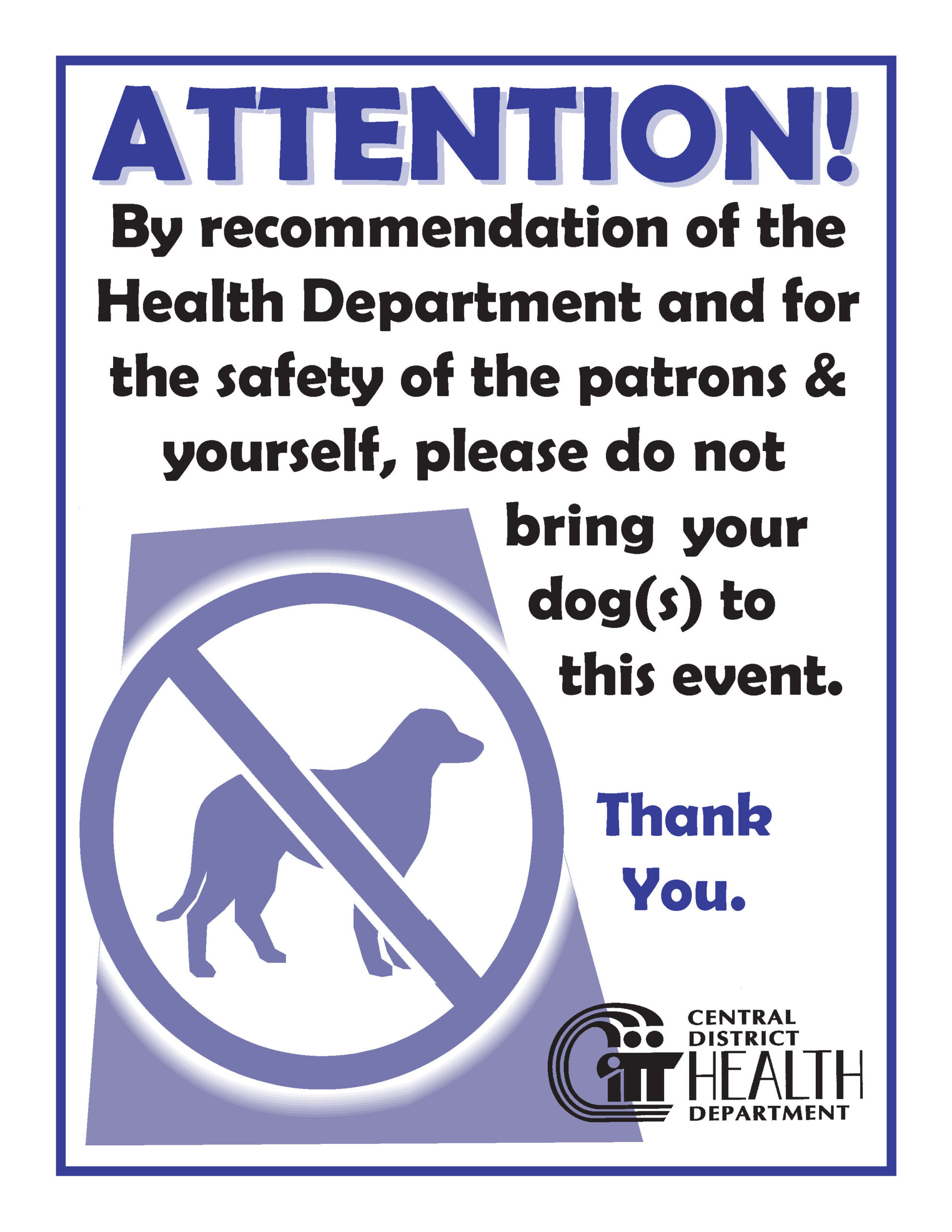
Dogs at the Market
Service dogs only, please (no emotional support animals)

Service Dog Rules
Under Idaho’s public accommodations law, you are entitled to bring your assistance dog with you to public accommodations.
An assistance dog includes only a:
- guide dog that has been specially trained to assist someone who is blind or visually impaired.
- hearing dog that has been specially trained to assist someone who is hearing impaired, or
- service dog that has been specially trained to assist someone with another type of physical disability.
Under the ADA, a service animal is a dog that has been trained to perform tasks or do work for the benefit of a person with any type of physical or mental disability. In some cases, a miniature horse may also qualify as a service animal. Examples of service animals that must be allowed into public accommodations under the ADA include:
- hearing dogs, which alert their handlers to important sounds, such as alarms, doorbells, and other signals.
- guide dogs, which help those who are blind or visually impaired navigate safely.
- psychiatric service animals, which help their handlers manage mental and emotional disabilities by, for example, interrupting self-harming behaviors, reminding handlers to take medication, checking spaces for intruders, or providing calming pressure during anxiety or panic attacks.
- seizure alert animals, which let their handlers know of impending seizures, and may also guard their handlers during seizure activity, and
- allergen alert animals, which let their handlers know of foods or other substances that could be dangerous (such as peanuts).
Neither the ADA nor Idaho’s human rights law covers what some people call “emotional support animals”: animals whose presence provides a sense of safety, companionship, and comfort to those with psychiatric or emotional conditions. Although these animals often have therapeutic benefits, they are not individually trained to perform specific tasks for their handlers, nor are they specially trained to assist a particular person who is visually impaired, is hearing impaired, or has another physical disability. Pets are also not covered by either state or federal law.
Psychiatric service dogs and other animals that assist those with mental disabilities are not covered by Idaho’s public accommodations law.
Under the ADA, a public accommodation may not ask you questions about your disability or demand to see certification, identification, or other proof of your animal’s training or status. If it is not apparent what your service animal does, the establishment may ask you only whether it is a service animal, and what tasks it performs for you.
The ADA and Idaho law prohibit public accommodations from charging a special admission fee or requiring you to pay any other extra cost to have your service animal with you. However, you may have to pay for any damage your animal causes.
The ADA allows a public accommodation to exclude your service animal if it poses a direct threat to health and safety (or example, if your dog is aggressively barking and snapping at other customers, the facility can kick the dog out). Your animal may also be excluded if it is not housebroken, or if it is out of control and you are unable or unwilling to effectively control it. You are still entitled to enter the public accommodation even if your service animal is not allowed in.
IDAHO. § 18-5811A Since 1997 in Idaho, any person, not being a disabled person or being trained to assist disabled persons, who use an assistance device or assistance dog to gain treatment or benefits as a disabled person, is guilty of a misdemeanor.
